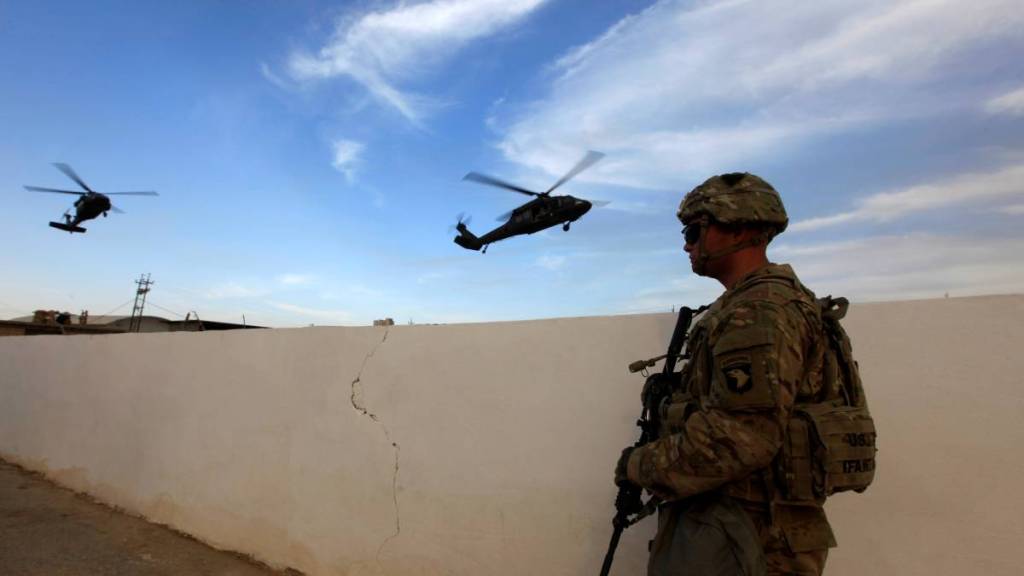China and India have reached a crucial agreement to resolve their ongoing border conflict, signalling a path toward peace along the Line of Actual Control (LAC). Chinese Foreign Ministry spokesperson Lin Jian announced the resolution during a press briefing on Tuesday, stating, “We have reached a resolution on the relevant matter and will work with the Indian side to implement the solution. We are in close communication through diplomatic and military channels.” This agreement comes after months of negotiations and is viewed as a significant step toward reducing tensions between the two nations.
The announcement coincides with Prime Minister Narendra Modi’s visit to Kazan, Russia, for the 16th BRICS Summit, which runs from October 22 to 24. It also follows the October 21 declaration by the Ministry of External Affairs (MEA) of India, which confirmed that an agreement on patrolling arrangements along the LAC had been reached.
Indian Foreign Secretary Vikram Misri explained that the agreement was the result of extensive discussions over the past several weeks at both diplomatic and military levels. Misri noted that the negotiations involved military commanders and were aimed at resolving tensions that have persisted since 2020 when a series of confrontations escalated into violence along the LAC.
One of the most significant events during the border standoff occurred in June 2020, when clashes between the People’s Liberation Army (PLA) of China and the Indian Army resulted in casualties on both sides. Misri emphasised that the agreement marks a critical step toward disengagement, helping to resolve the issues that arose during those confrontations.
“On several areas along the Line of Actual Control, we held discussions with Chinese interlocutors at both the diplomatic and military levels. As a result of these discussions, an agreement on patrolling arrangements has been reached, which will lead to disengagement and eventually resolve the issues that arose in these areas in 2020,” Misri stated.
Chief of Army Staff General Upendra Dwivedi, addressing an event in Delhi earlier in the day, acknowledged the importance of the agreement in restoring trust between the two nations. He outlined the process of disengagement, de-escalation, and buffer zone management, emphasizing that rebuilding trust along the LAC would be a gradual process. General Dwivedi highlighted that the goal is to return to the pre-2020 status quo, but emphasized that the steps involved will take time.
The agreement signals a positive development in stabilizing relations between India and China, as both nations work to manage their border disputes and avoid further military confrontations.


